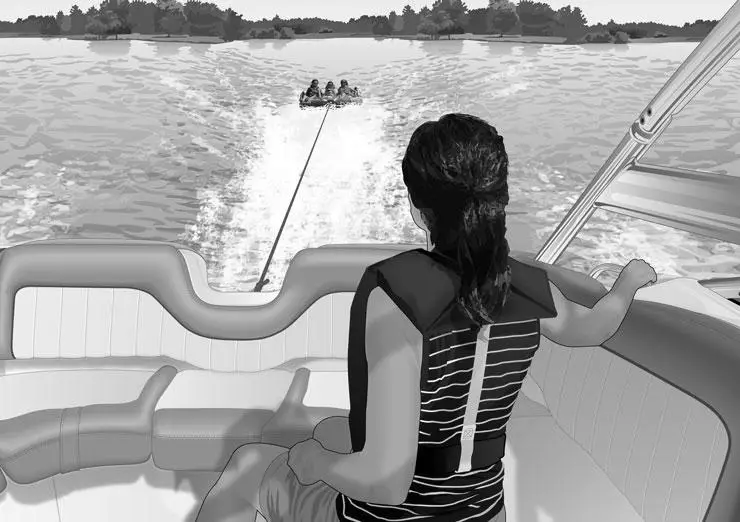If you’re wondering, “Do I need a fishing license if I’m going with a friend who has one?” you’ve come to the right place. This article answers all of your questions, including do you need a license for a friend or yourself? How do you get the best rate, and what if you don’t live in the state?
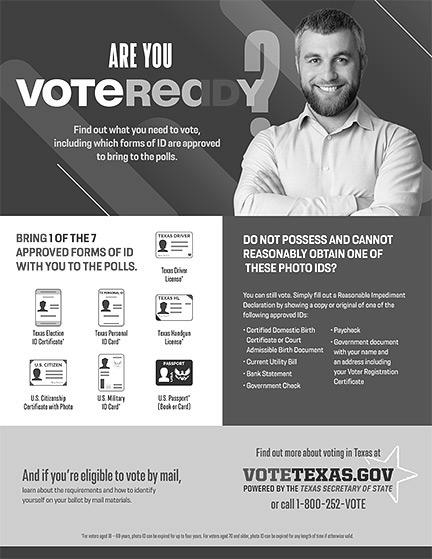
Does my friend need a fishing license?
In Massachusetts, it is important to get a fishing license, even if you and your friend are only fishing with one rod. However, there are some exceptions. For instance, if your friend is over the age of 70 and does not have a fishing license, he or she is exempt from purchasing one. For people under the age of 15, a fishing license is free.
In general, you will need a fishing license if you plan to fish on public water. In many states, you will need a license to fish, as it covers the use of the land or water and upkeep of the area. This does not apply if you plan to fish on private property, however you must follow rules and pay a fee if you want to do so.
Does a non-resident qualify for a resident rate?
You’ll need to purchase a license if you want to go fishing in Maine. The fees vary depending on your location, but if you’re visiting, you may need a fishing license if you plan to catch a certain species. You can also get a fishing license if you’re a resident of the state. These licenses can be bought for one day or for a full year. Non-residents can purchase a one-day license, which is good until midnight of the day you bought it.
Does a multi-year license save me money?
For anglers, a multi-year license can save you money. In most states, it is more affordable to purchase an annual license than a multi-day one. But what is the difference between a lifetime and annual license? Both types of licenses provide the same benefits, but one is more convenient. In addition to annual licenses, sportsmen can also purchase multi-day or lifetime permits.
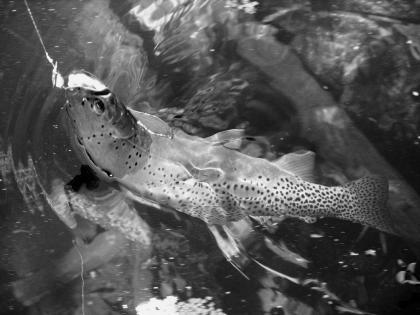
A multi-year license saves you money in two ways: the initial cost of the license, as well as the processing fees. The first year of the license is free of charge. The second year requires a separate application. The third year involves a processing fee for the trout permit, and the fourth year is free. Purchasing a multi-year license saves you $7.60.
Lifetime hunting and fishing licenses are available for a one-time payment of $805. The savings are significant when you consider that a lifetime license allows you to enjoy all kinds of outdoor activities for a lifetime. But if you can’t afford a lifetime license, it is better to purchase a regular one for a year or two, and save up the money for the next.
In many states, there are two types of fishing licenses. Youth and adult licenses are required by law, but they vary from state to state. Youth licenses are sold at a discounted rate for the first two years, and then replaced with adult licenses. For instance, the license for children under 12 is cheaper, but it costs a lot more to buy a lifetime license for a fisherman.
Resident fishing licenses are cheaper than non-resident ones. The annual license for residents will cost you $25. However, if you’re planning to go fishing more often, it might be a good idea to buy a multi-year license. This way, you won’t have to worry about renewing your license every year. The additional savings will be significant. You’ll also be protecting the environment.
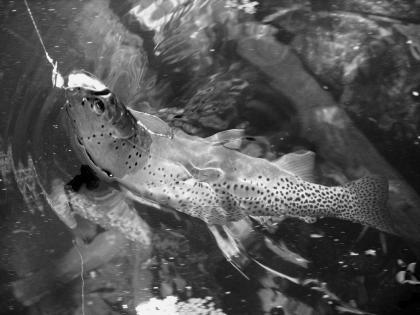
If you live in Georgia, a resident sportsman’s license will save you money. It will be cheaper, but it will cover most of your fishing and hunting privileges. There are exceptions, however, including a deer harvest record and federal duck stamp. The resident sportsman’s license is still necessary to obtain a free deer harvest record and a Georgia migratory bird stamp.
You may be wondering, “Is hunting in the United States illegal?” If so, you’ve come to the right place. In this article, we’ll cover the legalities of hunting in the United States and the penalties for violating state wildlife laws. In addition, we’ll discuss the impacts of illegal hunting on ecosystems and Sunday hunting. So, what are your options? Keep reading to learn more about the legalities of hunting and Sunday hunting.
Legality of hunting in the United States
In the United States, hunting is completely legal. The reason for this is that hunting is considered a management tool for both wildlife and outdoor recreation. There are, however, some rules that need to be followed to ensure the safety of you and the animals. Below we’ll discuss some of those rules and how to make the most of your hunting adventure. Remember to read all the regulations before you go out hunting. Also, remember that hunting requires certain processes and you must have some basic knowledge about the species you’re hunting.
Obtain a hunting license in the state you intend to hunt in. Then, make sure you follow all the regulations imposed by your state. In addition, check whether your state prohibits hunting in public areas. Some forests restrict hunting on certain species. You can check with forest service rangers to find out which restrictions apply in a given forest. Also, make sure to unload firearms and bows with arrows before hunting. Remember that firearm discharge is prohibited within 150 yards of developed recreational sites and residences.
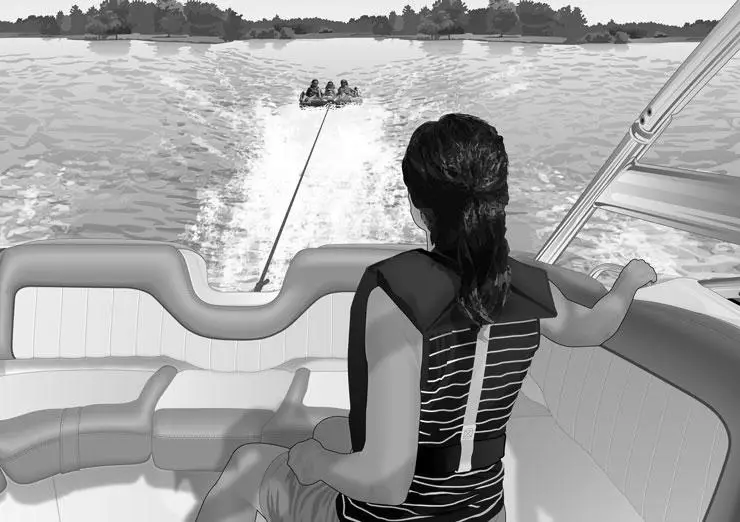
There are regulations in place to protect both wildlife and the environment. You must also obtain permission from the landowner or lessee if you wish to hunt on private land. You also need permission from the landowner or management agency to hunt protected species. Hunting on public land is prohibited unless you are accompanied by a licensed hunter, angler, or trapper. Also, you must have a hunting license.
While public hunting is generally legal in the United States, some states have decided to restrict public hunting on their lands. However, this is in direct conflict with the Second Amendment. Since the establishment of national parks, the federal government has ceded jurisdiction to states in many of the parks. For the most part, however, there is no conflict between public and private hunting on public land. That’s why hunting on private land is legal in most states.
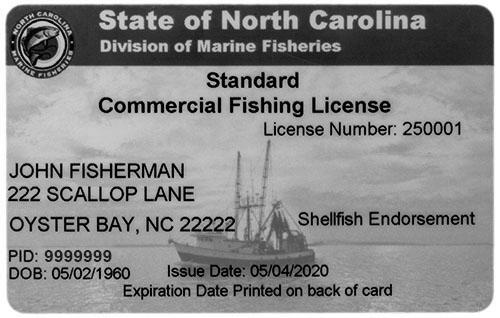
Penalties for violating state wildlife laws
Whether you’re a first-time hunter or a seasoned veteran, you’ll want to know your state’s hunting laws. These laws can vary from state to state, but generally speaking, you’ll want to follow them to avoid getting into trouble. Regardless of where you’re hunting, you’ll want to pay close attention to the laws, as violating them can result in serious penalties.
One violation of state wildlife laws is failure to return game to the area where it was taken. You can’t cross property lines to recover game, and if you do, you could be arrested. You’ll also need to follow your state’s rules for trespassing. And if you’re trying to get a free ride, you’re breaking the law. In addition to the above violations, you’ll have to face fines and possible jail time.
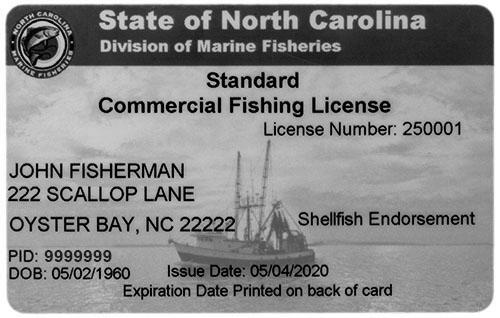
For example, it’s illegal to hunt deer in the middle of the night or on a day when the deer’s scent is detectable by dogs. Also, it’s illegal to transport a deer carcass or parts of it. The penalties for violating state wildlife laws when hunting in the United States can range from fines to jail time. You might even have to forfeit your firearm if you don’t surrender your firearms to the park.
In Florida, it’s illegal to hunt migratory birds, including pheasants, ducks, and geese. In addition, it’s illegal to bait migratory birds. And if you’re caught, you’re also guilty of violating federal law. You could be jailed up to 30 days. But, if you’re trying to protect a migratory bird population, you’ll want to comply with these laws – because the penalties for violating state wildlife laws are severe.
Impact of illegal hunting on ecosystems
Illegal hunting of animals for their fur products is a widespread problem, causing the destruction of ecosystems worldwide. Hunting has detrimental effects on wildlife species, with large species like elephants and gorillas suffering the most. These animals are more vulnerable to hunting because their subsistence activities are not as intensive as those of smaller mammals. In addition, illegal hunting has negative impacts on a number of species, such as birds and reptiles.
Illegal hunting and trade of wildlife parts has devastating impacts on many ecosystems and communities. In many parts of the world, large mammals are hunted for bushmeat and other wildlife parts. In Central Africa, ivory poaching has had devastating impacts on elephant populations. In 2011, forest elephants were decimated by 62%. There is no sign of a decrease in the rate of poaching, and 90% of elephant carcasses found in 2011 were killed illegally.
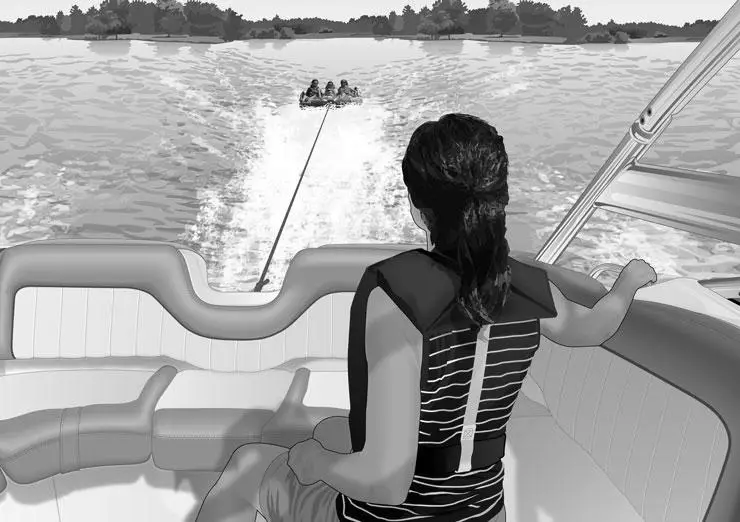
In some areas of the Amazon, roads have severely affected the hunter-prey system and prey ecology. It has also increased access to Pano ILs. Roads also shifted roadside village behavior toward market-dependent diets. Ammunition is costly in small towns. Many villages are now substituting smaller species in the hunt to feed their livestock, and this has resulted in changes in prey profile.
In Central Africa, the most common victims of illegal hunting are frugivorous medium-bodied duikers, which represent the largest proportion of offtakes. Moreover, the hunted species are dramatic and can cause devastating ecological consequences. For example, in northeastern Gabon, Lahm recorded the extirpation of yellow-backed duiker, which is a species at the middle level of the trophic web and serves as a seed disperser and a food producer for higher levels. In other words, the changes in this guild have multi-faceted consequences for the ecosystem.
Legality of hunting on Sundays
Despite the fact that there is no federal law governing Sunday hunting, some states have opened their public lands to hunting on the weekend. In North Carolina, the Wildlife Resources Commission may begin to open its public lands for Sunday hunting. Sunday hunting would be banned from 9:30 a.m. to 12:30 p.m. The commission is currently seeking public comment on the proposed rule. This policy may not be the final word on Sunday hunting, but it would certainly be a welcome addition to the sport.
In 2017, New York State legalized hunting on Sunday on private property if the landowner’s owner or tenant has given permission. In 2017, Connecticut enacted legislation allowing Sunday hunting on all private land. In April, South Carolina passed a similar bill to allow hunting on Sunday, and Pennsylvania is currently in the process of enacting new legislation. Some states still allow Sunday hunting, such as Connecticut, Delaware, Massachusetts, and New Jersey. Depending on the county, however, these laws may change.
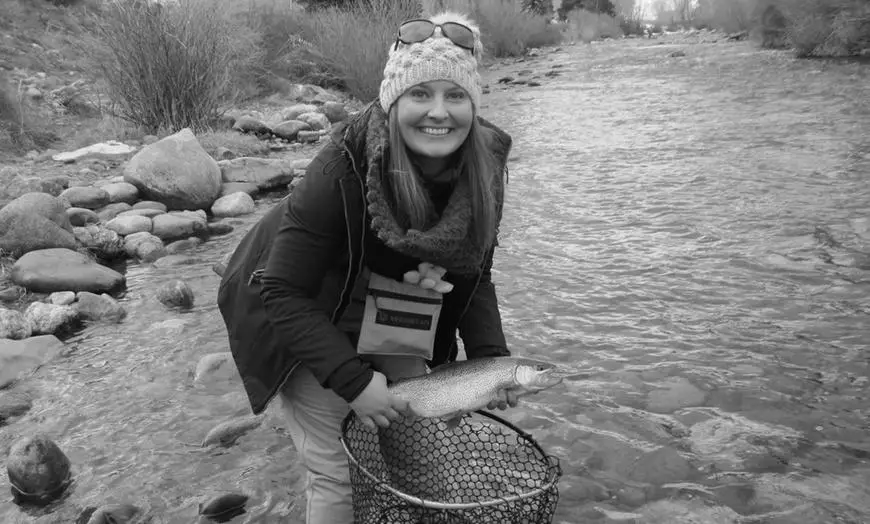
The ban on Sunday hunting has a long history in the United States. In Maine, it has been banned for generations. However, in 2009, a group of hunters filed a lawsuit to overturn the ban. The suit alleges that the ban is based on social and religious beliefs. The case will be decided in the U.S. Supreme Court. If the Supreme Court upholds the plaintiff’s motion, it could have a dramatic impact on the laws in other states as well.
The legality of hunting on Sundays in the United Sates is a hot topic among hunters. Although hunting on Sundays is still prohibited in many states, the bans have primarily benefited Christian denominations and churches. They violate the First Amendment by limiting hunting on Sunday and sending a clear message to denominations that do not observe Sunday as their day of worship. If these laws are repealed, it will not only encourage hunting on Sunday but will also increase state license sales.
Legality of hunting on public land
There are several factors to consider when determining the legality of hunting on public land in the United State. For example, you must have permission from the landowner to hunt on his land. Moreover, you must know where to hunt before you go there; the BLM has both online and physical information rooms. You should also remember that all hunters on public land must have the required state licenses. State laws are different, and it is therefore important to know the exact details before you start hunting.
Fortunately, there are plenty of laws in place to protect wildlife and landowners. In New York, for example, you must have a permit if you wish to hunt migratory birds. The Fish and Wildlife Management Act also gives the federal government the authority to regulate certain types of hunting, and more than one million acres of private land are under cooperative agreements. This type of agreement is also known as the Pittman-Robertson Act.

Free public hunting has a long history in the United States. Generally, hunting on public land is permitted, though customs may differ from region to region. While farmers are generally reluctant hosts, most landowners are used to this relationship. In addition, many urban hunters abuse the landowner’s hospitality. State fish and game departments are concerned about this problem. Despite these issues, hunting on public land is a common form of recreation, but it is important to remember that it can be illegal in some states.
The best public land for hunting in the United States is public land. Hunting on private land is illegal in some areas, and the law is very specific in these areas. However, it is always worth it if you are willing to follow the rules and respect the land and wildlife. There are many ways to ensure that you have a safe and legal hunting trip. It is not illegal to hunt on public land if you have the right permits and the proper equipment.
